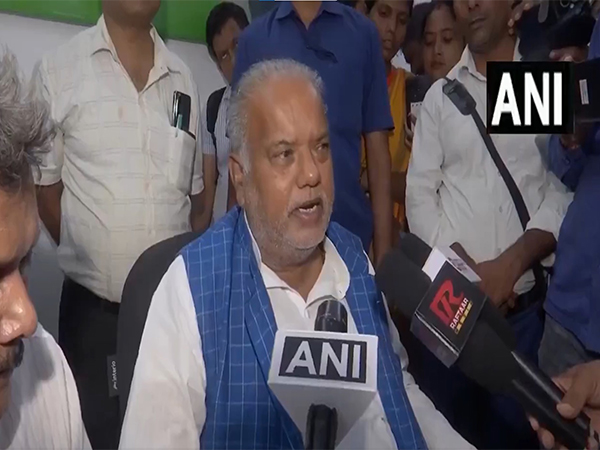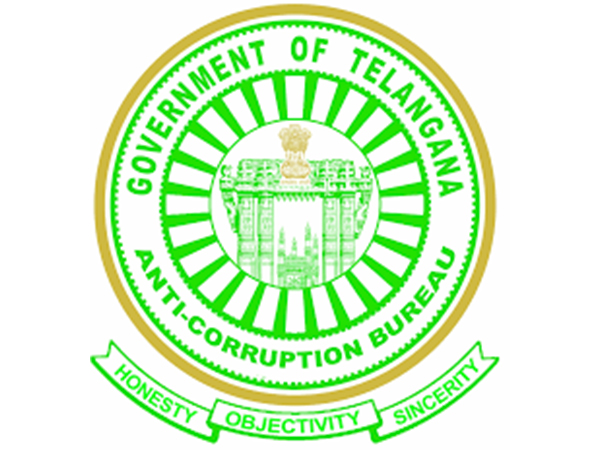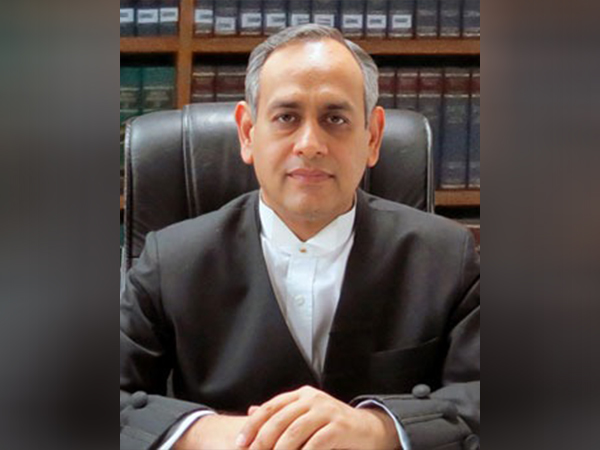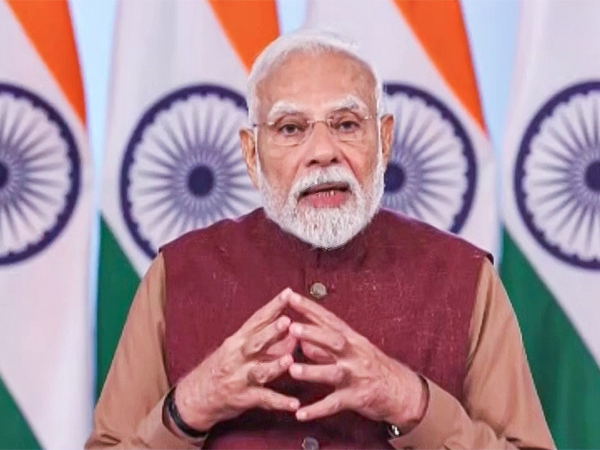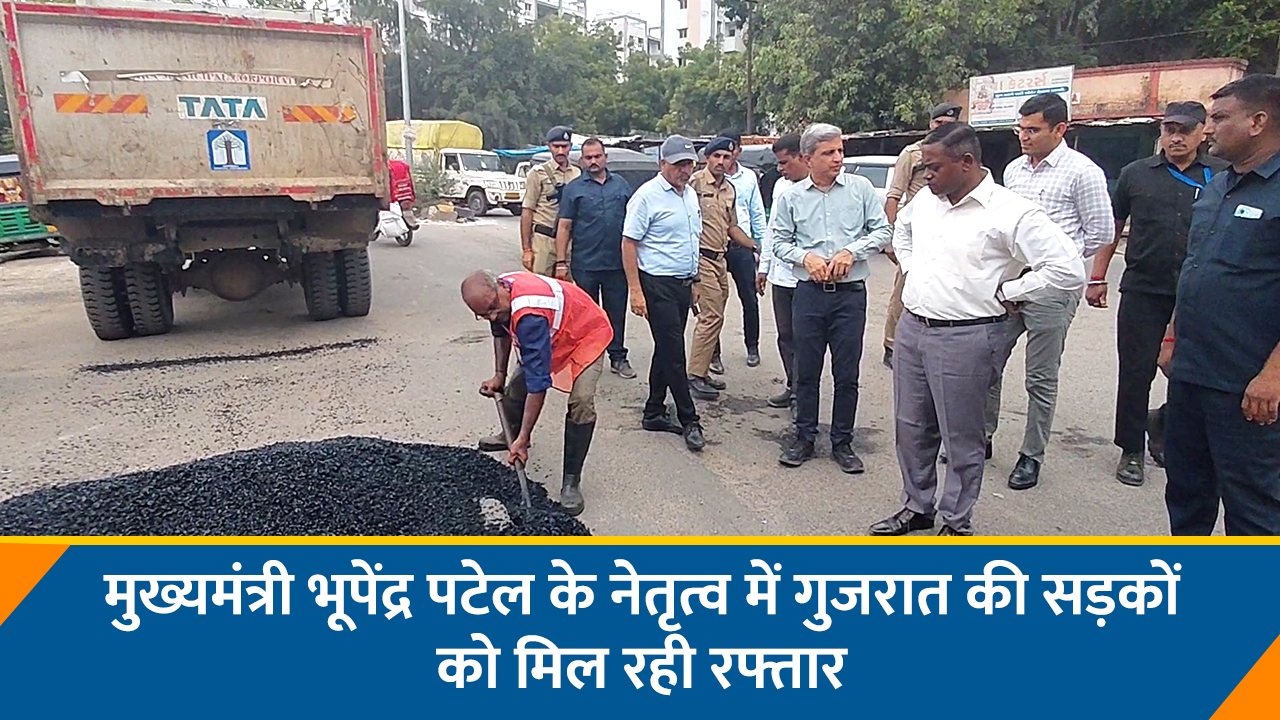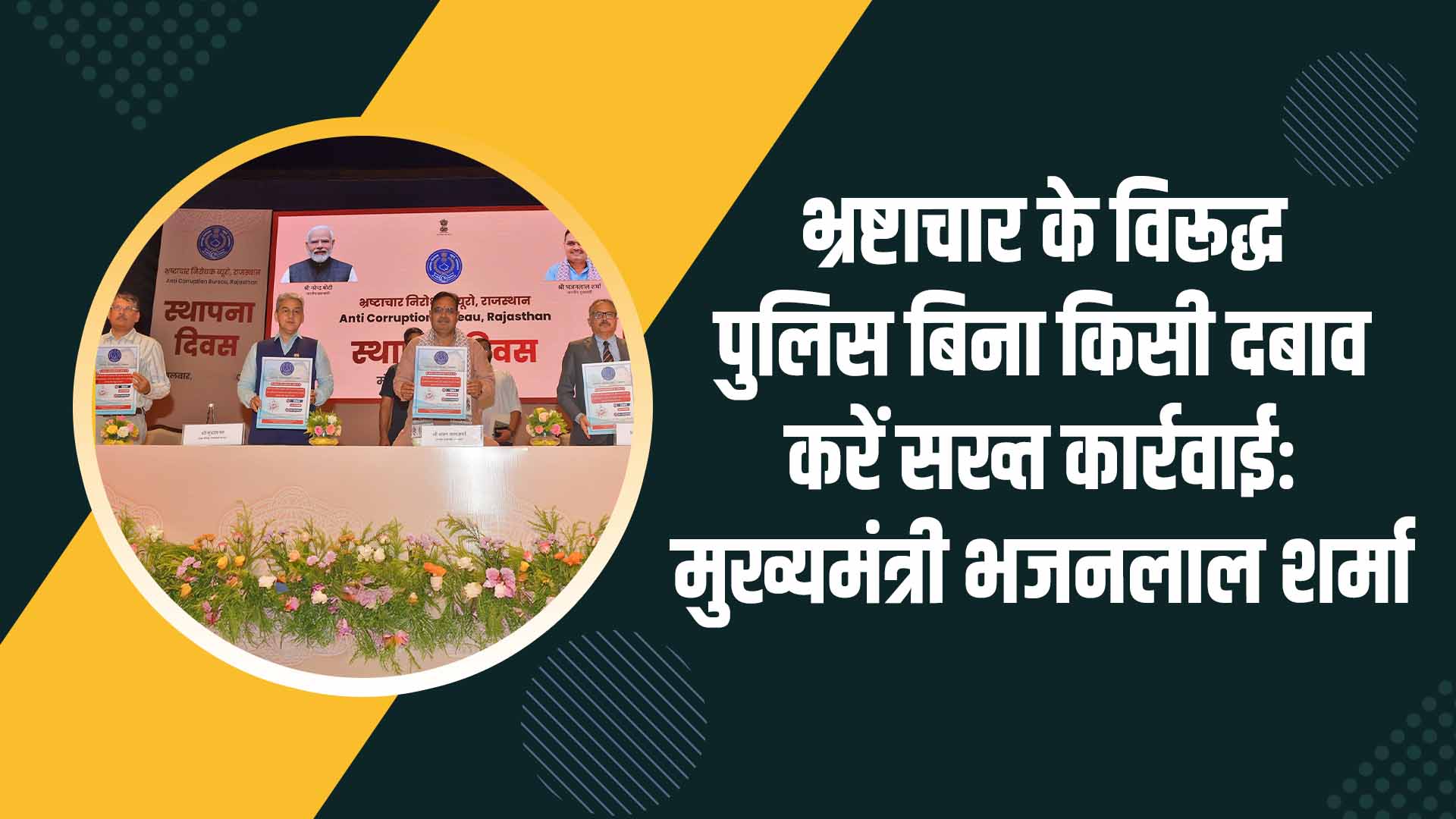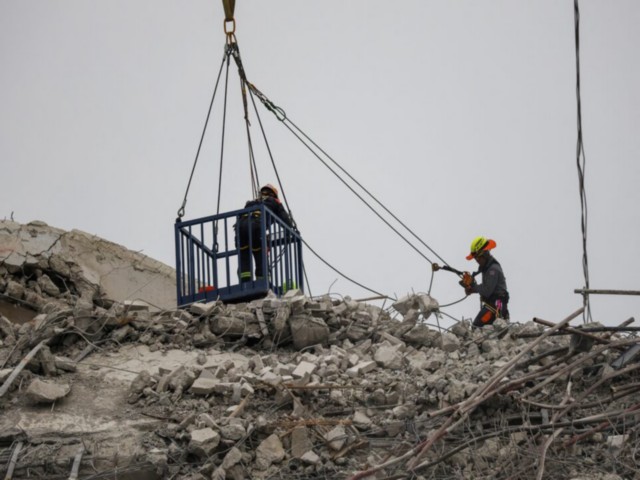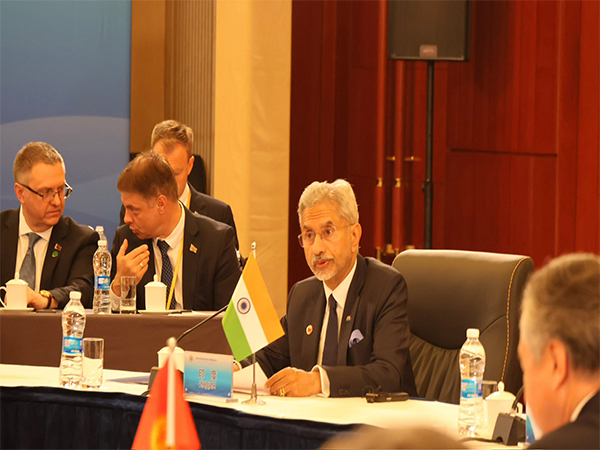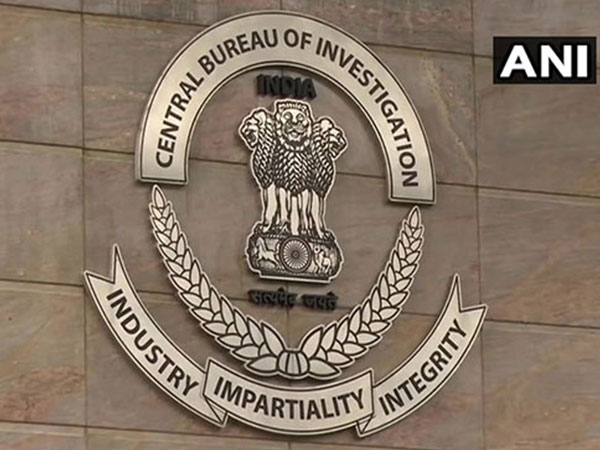
CBI conducts searches across 7 states, arrests 3 in cybercrime crackdown
Jul 16, 2025
New Delhi [India], July 16 : The Central Bureau of Investigation (CBI), as part of its ongoing efforts under Operation Chakra-V to combat cybercrime and digital arrest scams, conducted searches across multiple locations in seven states on July 16. These states include the NCT of Delhi, Bihar, Madhya Pradesh, Kerala, Punjab, Andhra Pradesh, and Rajasthan, the agency said in a release.
During the operation, the CBI seized a large volume of incriminating evidence, including mobile phones, bank account opening documents, transaction records, and KYC papers.
The operation has also led to the arrest of 03 individuals for their active role in facilitating and operating mule bank accounts used to channel and conceal proceeds of various cyber frauds, it said.
The CBI had earlier registered a case on June 25 against 37 accused persons under IPC/BNS and the Prevention of Corruption Act. These individuals operating as mule account holders and middlemen/ agents and bank employees knowingly colluded with cybercriminals to open and operate mule accounts used for receiving, transferring and withdrawing proceeds of cyber frauds, it said.
Earlier, the CBI had conducted searches on June 26 and June 27 at 40 locations across various States and arrested 10 accused persons for similar offences.
After initial searches in June 2025, the CBI is now conducting further searches in 7 states based on fresh inputs received. The searches aim to dismantle the infrastructure of cybercrime syndicates by identifying and neutralising mule accounts that channel and conceal the proceeds of crimes.
The arrested individuals facilitated the operation of these mule bank accounts, which were used to transfer the proceeds of crimes generated through digital arrest scams, impersonation, fraudulent advertisements, investment frauds and other related cyber offences.
The CBI has adopted a strategic approach in the fight against cybercrime, focusing on targeting the key pillars of the cybercrime infrastructure. The first pillar is the financial infrastructure, which involves mule accounts, unauthorised payment gateways, and the wider fintech ecosystem misused by cybercriminals.
The second pillar is the telecom/communication infrastructure, involving mule SIM cards, point-of-sale (PoS) agents facilitating illegal SIM activations, and networks supplying such SIM cards.
The third pillar is the human resource network, which consists of organised syndicates engaged in the recruitment and exploitation of people for executing cybercrimes, also known as 'cyber slavery'. The third pillar most of the time operates outside the boundaries of India.
This action is part of the Government of India's continued commitment to dealing firmly with cybercrime and its perpetrators, with special emphasis on dismantling the infrastructure that enables such offences.
The arrested accused will be produced before the jurisdictional court. Further investigation is ongoing.


